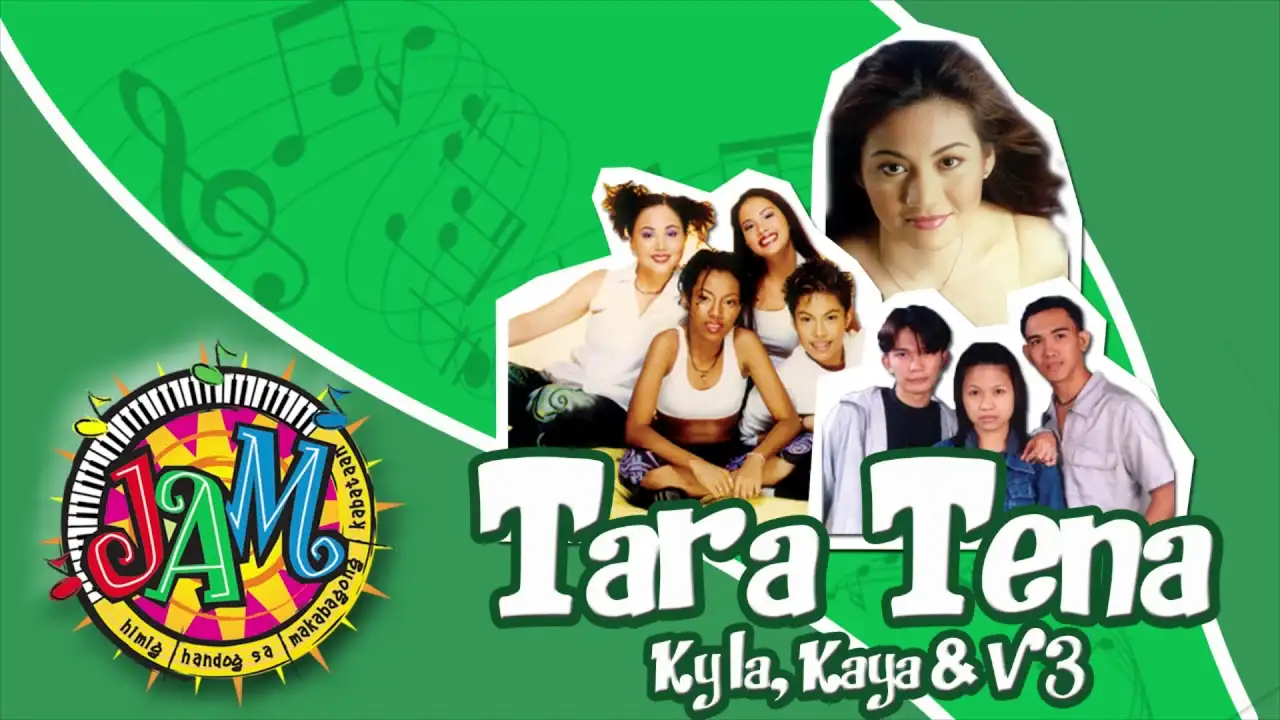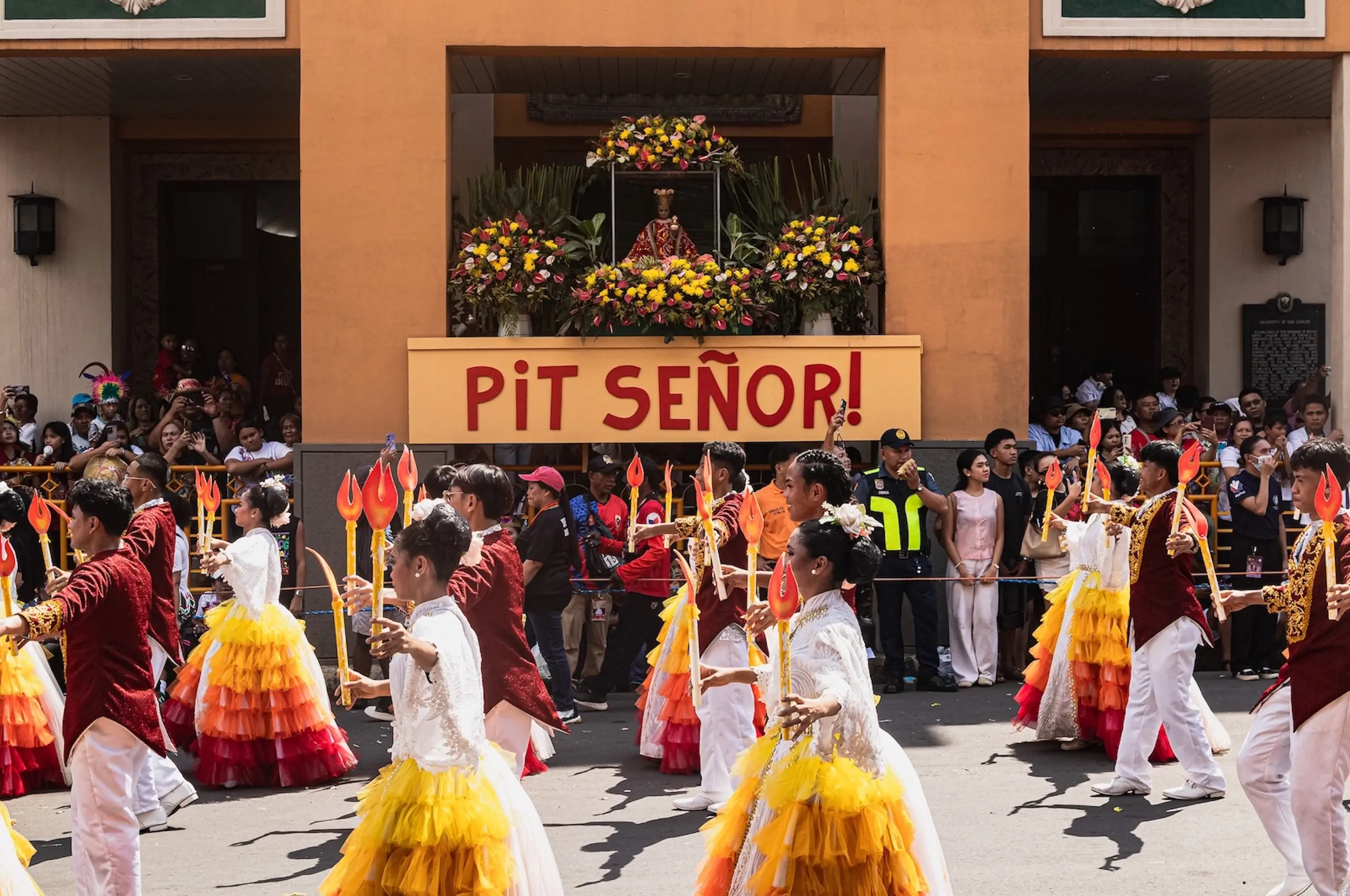Filipino songwriter and producer Jonathan Manalo has reached another milestone in a career that seems to keep rewriting itself. The longtime ABS-CBN creative, who has shaped Filipino pop for over two decades, is now a voting member of the Recording Academy, the organization behind the Grammy Awards.
“Becoming part of the Recording Academy 2025 New Member Class is an incredible honor,” Manalo wrote on social media. “It means joining a global community of creators and professionals who are shaping the future of music and raising the standard of excellence worldwide.”
He joins nearly 3,600 new inductees, a diverse class where 49 percent are women, 56 percent are People of Color, and 60 percent are under 40. Among those also invited are Addison Rae, Nikki Glaser, and global girl group KATSEYE, led by Filipino talent Sophia Laforteza.
This milestone comes on the heels of another: a full-fledged musical based on his hits titled Delia D, staged last April in Manila. For an artist with over 300 songwriting credits across television, film, music, it feels almost impossible to map out the breadth of Manalo’s impact. He has written for icons like Sarah Geronimo, Angeline Quinto, and Bea Alonzo, while penning culture-shaking tracks like Orange & Lemons’ “Pinoy Ako” during the rise of Pinoy Big Brother and crafting bubblegum pop gems for BINI.
Yet, to simply call him a “hitmaker” undersells his role in shaping the Filipino soundscape. Manalo’s strength lies in his adaptability. Whether it’s television jingles, P-pop experiments, R&B deep cuts, or ballads that dominate karaoke playlists, he finds ways to reflect both the moment and the long arc of Filipino musical tradition.
Below, we revisit five songs that not only showcase his range but also explain why Manalo has become one of the most decorated and streamed Filipino producers of his generation.

Orange & Lemons, ‘Pinoy Ako’
In 2005, Pinoy Big Brother, produced by Laurenti Dyogi, was considered a risky experiment. A reality show of strangers living under one roof didn’t guarantee viewership, let alone a cultural moment.
Then came “Pinoy Ako.” Written by Manalo and Clem Castro of Orange & Lemons, the track transformed what could have been a throwaway TV jingle into a jangle-pop anthem of national pride. The song ultimately became one of Orange & Lemons’ biggest hits, catapulting them from Bulacan indie act to household name.
While some critics dismissed the track as campy or overly simplistic, its impact on the band’s trajectory was undeniable. Manalo gave Orange & Lemons a platform that permanently tied their identity to a major cultural moment, for better or worse, and cemented his ability to bridge mainstream entertainment with pop artistry.

Vice Ganda, ‘Boom Panes’
By 2014, Vice Ganda was already an entertainment mainstay, dominating television, film, and comedy. When Manalo transformed the street slang “Boom Panes” into a full-blown novelty hit, it showed just how deeply he understood pop’s more irreverent side.
The song was a masterclass in turning everyday humor into music that audiences couldn’t escape. Its repetitive, comedic phrasing worked in the same way as viral FlipTop punchlines like Sinio’s infamous “Puta edi wow.”’ Together, these catchphrases fueled an era where language and music collided in slapstick competition.
Manalo’s willingness to lean into the absurd kept him relevant in comedy-pop and proved that hitmaking was about bottling cultural noise and turning it into national entertainment.

Kyla, Kaya & V3, ‘Tara Tena’
Long before his name was synonymous with nationwide TV themes and P-pop girl groups, Manalo cut his teeth in the R&B scene in 2003.
Kyla, Kaya & V3’s “Tara Tena” was one of his earliest breakthroughs, a track that married smooth vocal phrasing with a sleek, urban production style. For Manalo, the song was a proving ground, allowing him to test his sensibilities in a genre dominated by global influences while still grounding the music in Tagalog expression. Kyla’s soaring vocals made the track unforgettable, but it was Manalo’s careful balance of groove and melody that elevated it beyond a simple R&B experiment.
“Tara Tena” helped establish Kyla as one of the country’s most versatile singers. It also simultaneously positioned Manalo as a songwriter capable of standing shoulder-to-shoulder with international R&B trends while still sounding distinctly Filipino.

BINI, ‘Lagi’
When ABS-CBN launched BINI in 2021, many skeptics dismissed the project as a mere attempt to ride the K-pop wave. But Manalo saw an opportunity to localize bubblegum pop in Tagalog, and he delivered one of the girl group’s defining early singles with “Lagi.”
Produced by Manalo and written by Louie Martin Canaria, the song fused the polished structure of K-pop-style production with a playful, melodic sensibility rooted in Filipino pop. By leaning into Tagalog lyricism rather than mimicking Korean or English phrasing, Canaria gave BINI a unique identity in the crowded P-pop landscape. “Lagi” is solid proof that P-pop could be bold, youthful, and deeply local all at once.

Moira Dela Torre, ‘Tagpuan’
By the time Manalo worked with Moira Dela Torre on “Tagpuan,” he was already established as a mainstream powerhouse. Yet, this collaboration revealed a different side to him as a producer — one that was patient, intimate, and steeped in the emotional depth of Dela Torre and Jason Marvin’s songwriting.
With Dela Torre’s delicate delivery at the center, Manalo leaned into production style that spoke to heartbreak and healing without tipping into melodrama. What made “Tagpuan” so effective was its restraint: every line felt conversational, every chord progression tender. The song not only showcased Dela Torre as one of the era’s defining balladeers; it also proved that Manalo could adapt his craft to highlight, rather than overwhelm, an artist’s unique strength.
In an era of viral hits and comedy singles, “Tagpuan” reaffirmed Manalo’s gift and enduring power for timelessness.
CORRECTION: An earlier version of this article incorrectly attributed Jonathan Manalo as the sole songwriter for “Pinoy Ako.” This was, in fact, co-written with Clem Castro. An additional credit was also added to Louie Martin Canaria as the songwriter of “Lagi,” and Manalo as the producer of “Tagpuan.” A correction was also made to indicate that “Tagpuan” was written by Moira Dela Torre and Jason Marvin, not Manalo.






